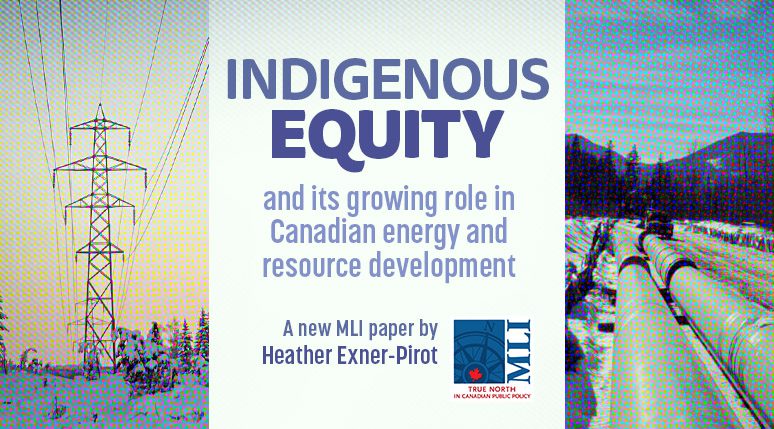By Heather Exner-Pirot
December 6, 2023
Executive Summary
For most of Canadian history, Indigenous peoples have been dispossessed from their lands and excluded from the benefits of natural resource development that other Canadians, businesses and governments have enjoyed. Instead, they have borne the costs of resource development, in terms of environmental impact to their traditional territories and limits to their hunting, gathering and cultural rights.
The past two decades have seen a major evolution in the legal rights of Indigenous peoples to be consulted, accommodated, and consent to resource development on their territories. While initial fears in the resource sector centred around the perception that most Indigenous peoples were against resource development, and thus would veto or protest future projects, a more nuanced reality has since set in: the majority of Indigenous peoples are not against resource development, they are against being left out of resource development. As a result, strategies for Indigenous engagement and participation in the resource sector have been developing and growing over the past two decades. This paper evaluates the growth of one such strategy: Indigenous equity ownership.
Indigenous equity is an important mechanism to bring more resource wealth and economic prosperity to Indigenous nations; and allowing more and better resource projects to be pursued in Canada with stronger social license and faster regulatory approval. However, it is not the only tool, and it is not necessarily the right tool for every circumstance. Understanding where both equity and loan guarantees fit in the spectrum of Indigenous engagement will ensure both are deployed where and when they are most advantageous.
Equity has risen dramatically as an option for engaging affected Indigenous communities. Spurred by the establishment of Ontario’s Aboriginal Loan Guarantee program in 2009 (as well as the province’s green energy targets), a number of Indigenous equity deals in wind, solar, hydroelectricity and transmission were struck in the early 2010s. Backed by provincial and federal financial supports for clean energy and reconciliation, more such projects started to pop up across the country. The trend expanded into the oil & gas sector as part of broader corporate reconciliation commitments intended to maintain social license for ongoing extractive activities. Since 2012, First Nation and Métis communities have acquired or negotiated options for almost $10 billion in equity in energy and resource projects. Of that, the largest asset categories have been transmission ($3 billion), hydro ($2.2 billion), and pipelines ($1.8 billion).
When an Indigenous community has equity in a project, they have “skin in the game”; the project’s success is their success. This is what makes equity such a powerful tool from a proponent perspective: it helps align interests and incentives. Share-holding Indigenous communities become real partners in the project and will want to see timelines and costs managed efficiently, so as to maximize returns on their investment.
At the same time, equity is not the best fit for a number of projects, notably mining and upstream oil and gas projects with high-risk profiles and high initial cash outflows. Government loan guarantee programs, which are financed by taxpayer dollars, are understandably risk averse and hesitant to back such ‘high risk, high reward’ ventures. The risks and costs associated with such projects may also be too great to take on for Indigenous communities, from an ownership perspective.
For these reasons, Indigenous investors and their partners should consider several alternative financial tools, including payments and royalties, investment tax credits, royalty credits and trusts, and corporate shares. Each of these options have their own upsides, which are discussed in this paper. While efforts to make Indigenous access to capital easier and cheaper, including establishing a national Indigenous loan guarantee program, ought to be pursued, other tools still need to be enhanced and introduced. The bigger the toolbox, the better the outcome.
Read the full paper here:







